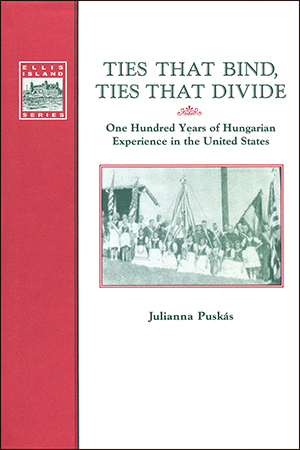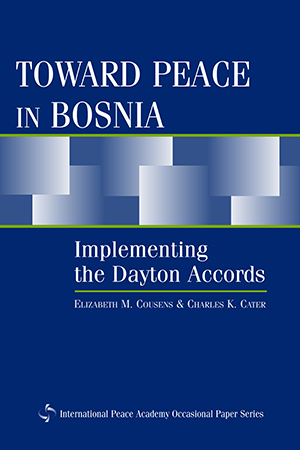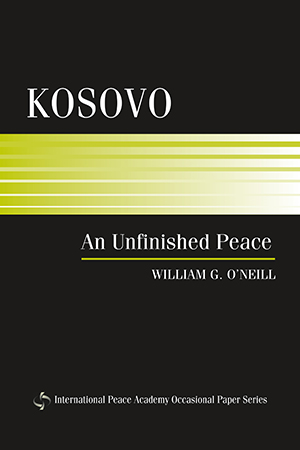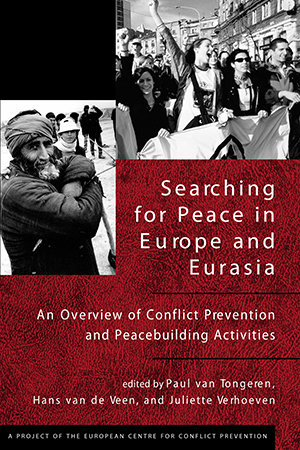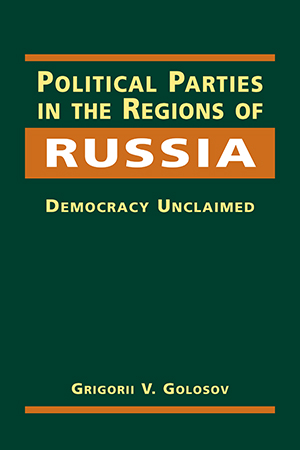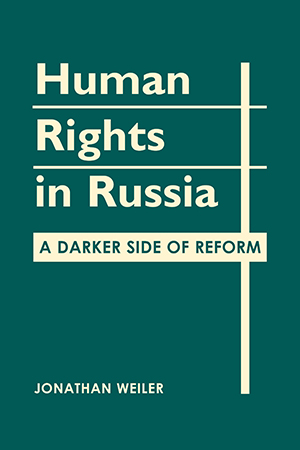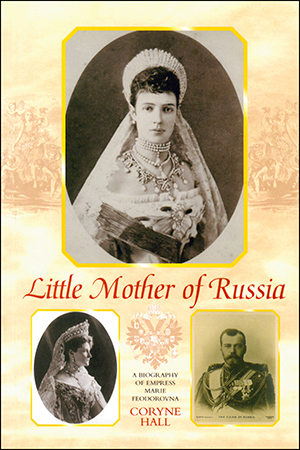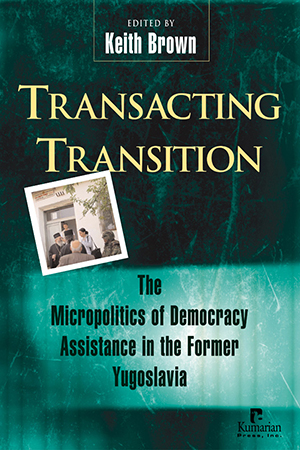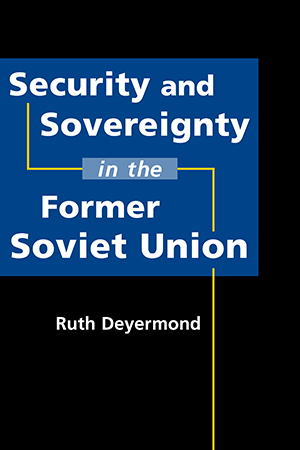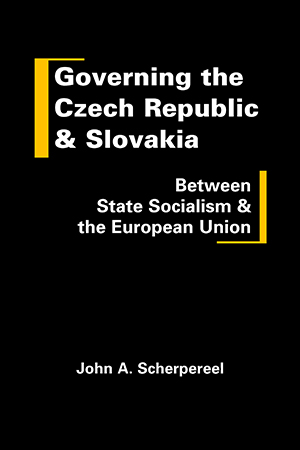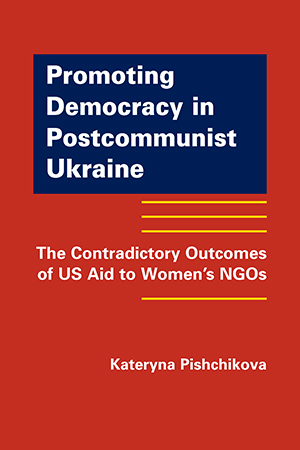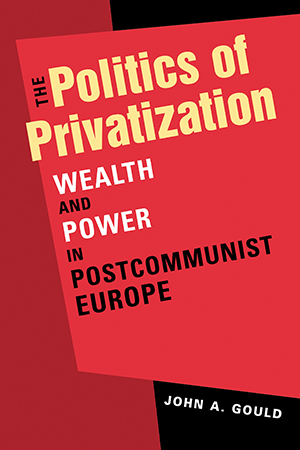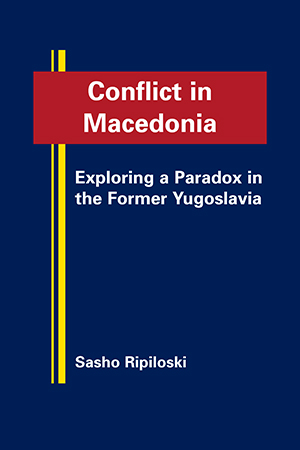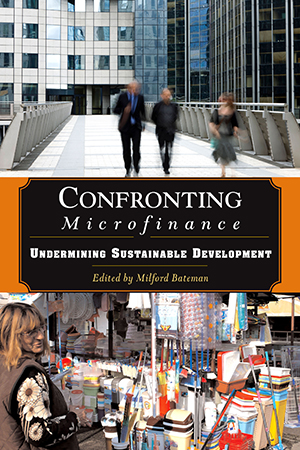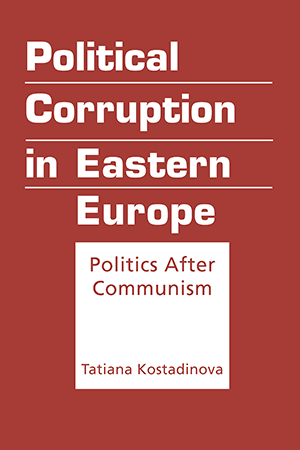Russia and the Former Soviet Bloc
In Ties That Bind, Ties That Divide, Juliana Puskás, a prominent scholar on immigration, examines the Hungarian-American experience. Often overshadowed by the stories of other More >
When the Dayton peace agreement was signed in 1995, there were expectations among the signatories, the Bosnian population, and the international community alike that the pact would not only More >
Despite the deployment of NATO forces in Kosovo and the UN's direct involvement in governing the province, such terrors as murder, disappearances, bombings, and arson have become routine More >
Searching for Peace in Europe and Eurasia offers much-needed insight into the possibilities for effective conflict prevention and peacebuilding throughout the region. Presenting surveys of More >
Political parties typically are assumed to be essential for contemporary democratic government and governance. Why, then, has the regime change in Russia failed to produce viable political More >
The connection between Soviet authoritarianism and human rights violations once seemed unassailable, as did the belief that a transition away from communist rule would lead to better More >
Coryn Hall presents us with a new and accessible biography of Empress Maire Fedorovna, who was married to Tsar Alexander III of Russia, and mother to Nicholas II . This insightful More >
Focusing on cases of international intervention in Kosovo, Serbia, and Macedonia, the authors of Transacting Transition explore how the mission and vision of "democracy promotion" More >
Among the contentious issues that come into play in relations between Russia and the other post-Soviet states, security concerns are arguably at the top of the list. Ruth Deyermond explores More >
Why do democratic leaders sometimes choose not to establish institutions that would promote the consolidation of democracy? And what are the consequences of those choices? Focusing on the More >
Considerable material and human resources are devoted to building democratic institutions around the world. Why, then, do assistance programs fail to meet their proclaimed goals? And why More >
In this remarkable story of postcommunist politics gone wrong, John Gould explores privatization’s role in the scramble for wealth and power in postcommunist Europe. Gould engages More >
How did Macedonia attain its status as the only Yugoslav republic to achieve a nonviolent transition to independence in the early 1990s? And why did the initial peace fail to More >
Despite the popularity of microfinance as a tool for economic development, there has been little analysis of its foundations or its real effectiveness in fighting poverty. Attempting to fill More >
Why has political corruption emerged as a major obstacle to successful democratic consolidation in Eastern Europe? Exploring the origins, scope, and impact of political corruption in the More >



